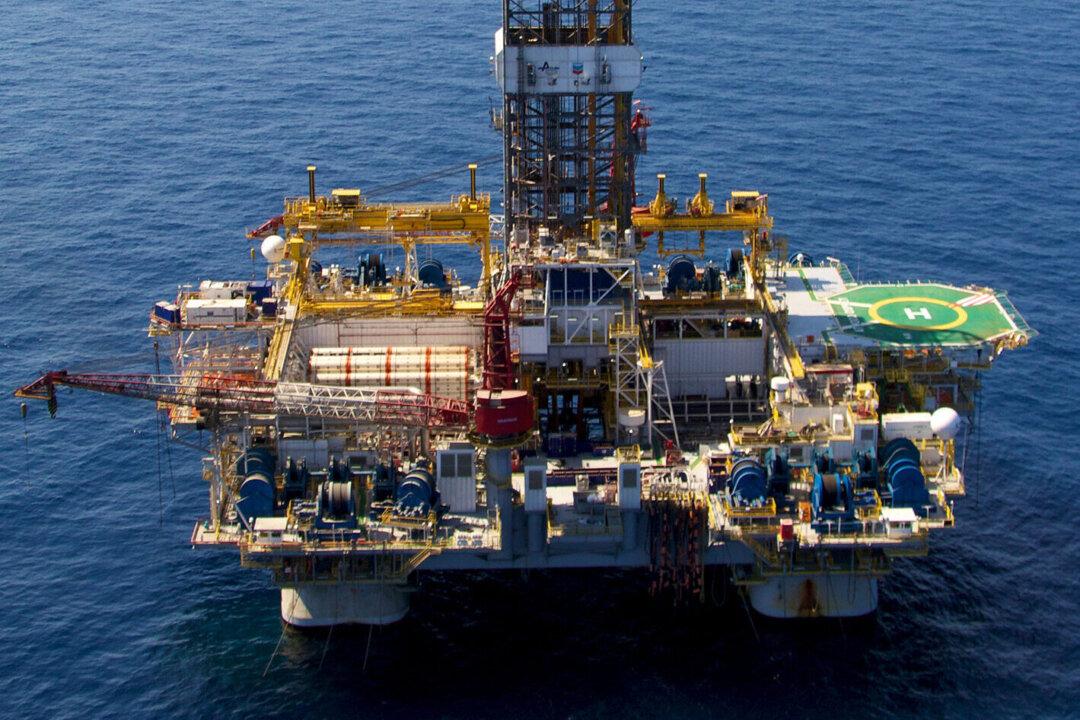New South Wales will become the first state in Australia to ban deep-sea petroleum and mineral mining off the coast after the government amended the state’s Environmental Act.
NSW Bans Coastal Seabed Petroleum and Mineral Mining
Sharpe trumpeted the Labor government’s innovation of the ban saying, ‘No other state or territory has acted so comprehensively.’

The Atwood Osprey semi-submersible drilling rig offshore Australia on Sep. 29, 2011. AAP Image/Clarity Communications




